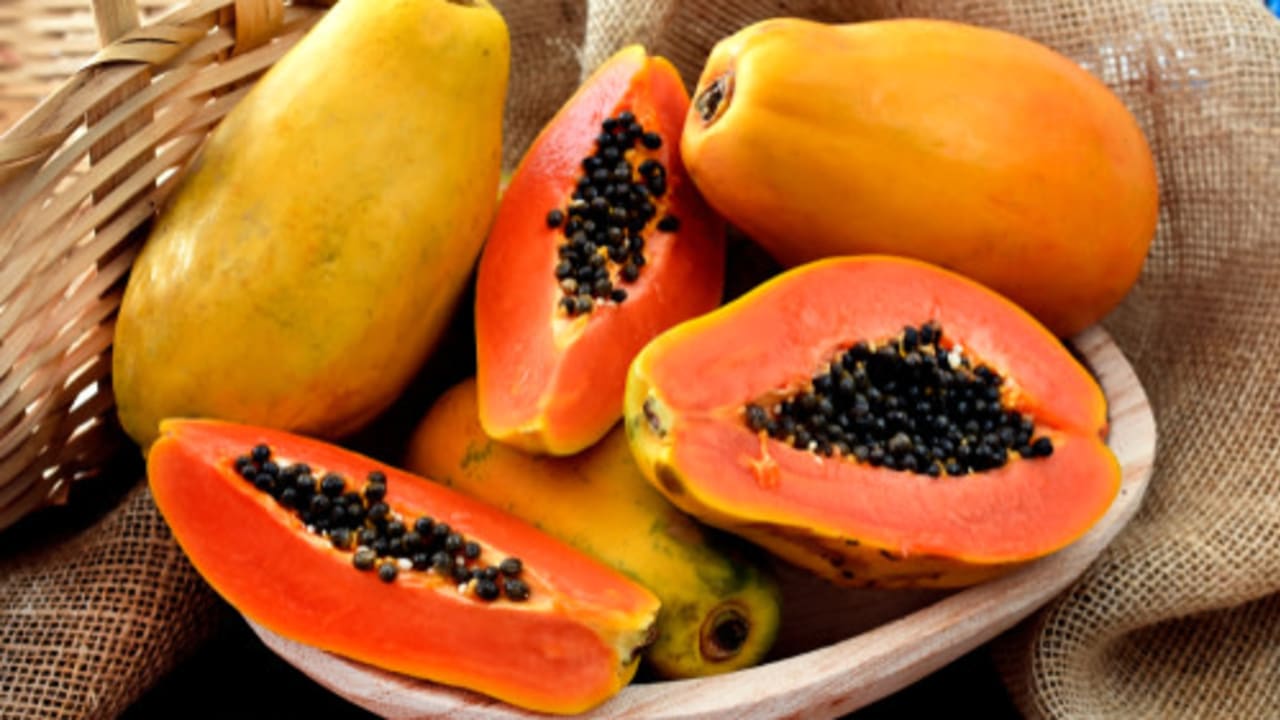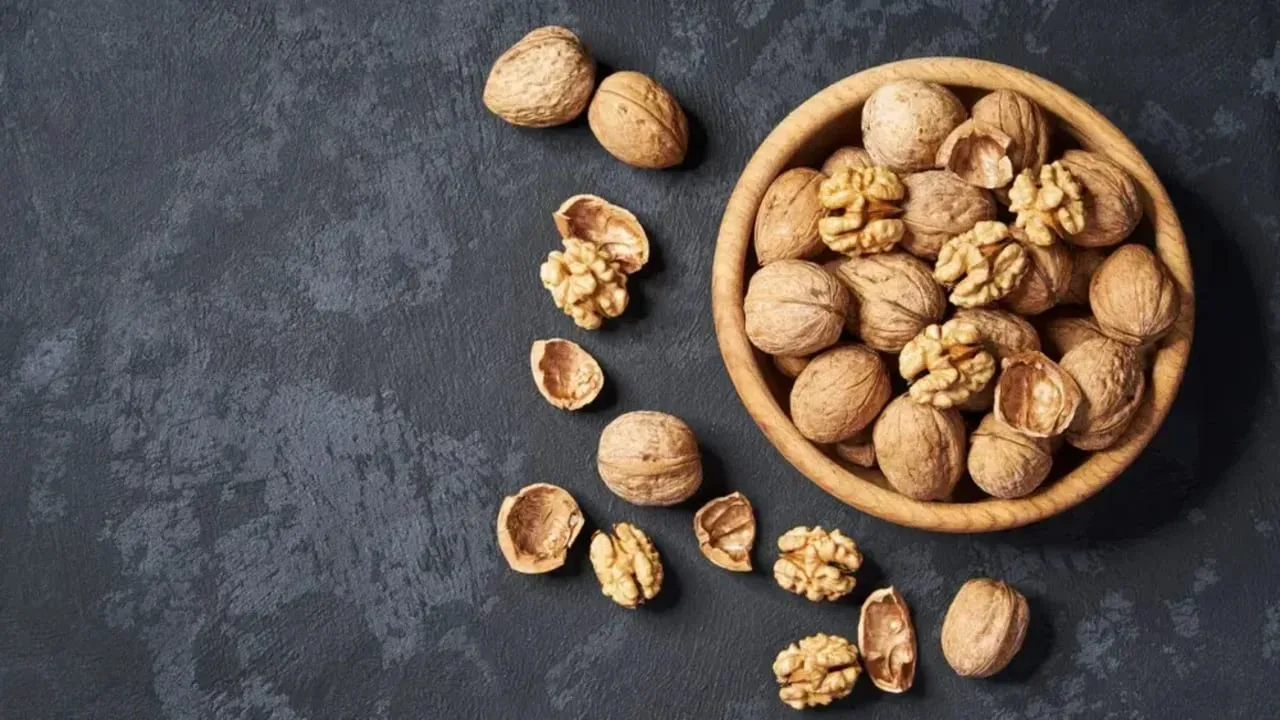ByDR. MAYA ROSMAN
Papaya reduces the risk of heart disease, improves bowel function, and strengthens the immune system. But there's another incredible benefit that actually works externally.
Papaya originates from southern Mexico and Central America, where it was documented as far back as the Aztec and Mayan periods. During the 16th century, papaya was introduced to the Philippines and other tropical areas, and today it is cultivated in Asia, Africa, Australia, and Brazil. It turns out it's also grown here in Israel – mainly in the north. As a scientific advisor to the Plants Council, I’d like to expand on the health value, but this time also on the unique benefits of external use.
Yes, papaya contains a unique enzyme called papain – a natural substance that helps break down proteins in the body, similar to the action of internal digestive enzymes like pepsin that breaks down proteins in the stomach. This enzyme is especially active in unripe papaya and in the fruit's peel, where its concentration is higher.
For hundreds of years, different cultures have used papaya juice or the green fruit to tenderize meat – thanks to its ability to break down muscle proteins, papain softens the fibers and creates a softer and juicier texture. Due to this property, it's also used in the food industry as a natural meat tenderizer and in some countries even as part of traditional marinades.
Papain has also gained much attention in the cosmetics field due to its effect on skin cells. It is included in facial masks and creams as an active ingredient that helps remove dead cells from the outer skin layer, contributing to a smoother and fresher appearance.
Various studies have demonstrated its beneficial effect in reducing acne, dry skin, and mild pigmentation spots. Among papaya's components, powerful flavonoid compounds were found (such as rutin, caffeic acid, and quercetin) that act as antioxidants, suppress the expression of collagen-breaking proteins, and improve skin elasticity in the face of wrinkles. In fact, in lab conditions, skin fibroblasts exposed to substances known to accelerate aging showed a significant improvement in skin elasticity and function.
There are dermatological products where papain works together with other natural acids and encourages skin cell renewal – similar to the action of gentle peels.
Effect on digestion
Beyond its external effects, papain may also contribute to internal digestive processes. In several clinical and anthropological studies, especially in regions where papaya consumption is common (like in Latin America and the Caribbean), the enzyme was found to support proper digestion and particularly aid in breaking down meals rich in animal protein.Additionally, a study published in Neuro Endocrinology Letters found that papain may ease symptoms of mild constipation, bloating, and the sensation of heaviness after a meal.
Regular consumption of papaya has been found to improve the general feeling of comfort in the digestive system, likely due to the combination of papain, dietary fiber, and the fruit's water content.
Nutritional value of papaya
100 grams of fresh papaya contains an average of only about 39 calories – making it a particularly low-energy fruit, ideal for those who want to add something sweet and juicy to their daily menu without a high calorie load.
But the real surprise is the sugar content: Only about 6% sugar – less than half the amount found in a banana, and even less than in a fresh carrot. This makes papaya an excellent choice for those looking to maintain balanced blood sugar levels, especially compared to most other sweet fruits.
Vitamin content
Papaya is especially rich in vitamin C: Over 60 mg per 100 grams, more than in an average orange. Vitamin C is a vital antioxidant, essential for proper immune system function, iron absorption, and skin health – and it contributes to collagen production and maintaining healthy connective tissue.
Additionally, papaya provides a good amount of beta-carotene, the plant form of vitamin A – important for eye health, skin protection, and immune system function.
Also on the vitamin list: Notable amounts of vitamin E – which protects cells from oxidative damage and contributes to a youthful skin appearance – and vitamin K, important for blood clotting processes and bone health.
Minerals
Papaya contains potassium, one of the key minerals in maintaining normal blood pressure and proper functioning of muscles and the nervous system.
It also contains magnesium, essential for electrolyte balance, energy production, and normal mental function, as well as a small amount of calcium – known for its contribution to bone and dental health.
In terms of dietary fiber, papaya doesn't disappoint – it contains about 1.7 grams of fiber per 100 grams, an amount that helps with satiety, balancing blood sugar levels, and promoting proper bowel function.
Glycemic properties
Papaya ranks medium on the glycemic index, in the range of 60 to 65, depending on ripeness level. This means it affects blood sugar levels moderately, especially when eaten as part of a meal that also contains protein or fat.

















